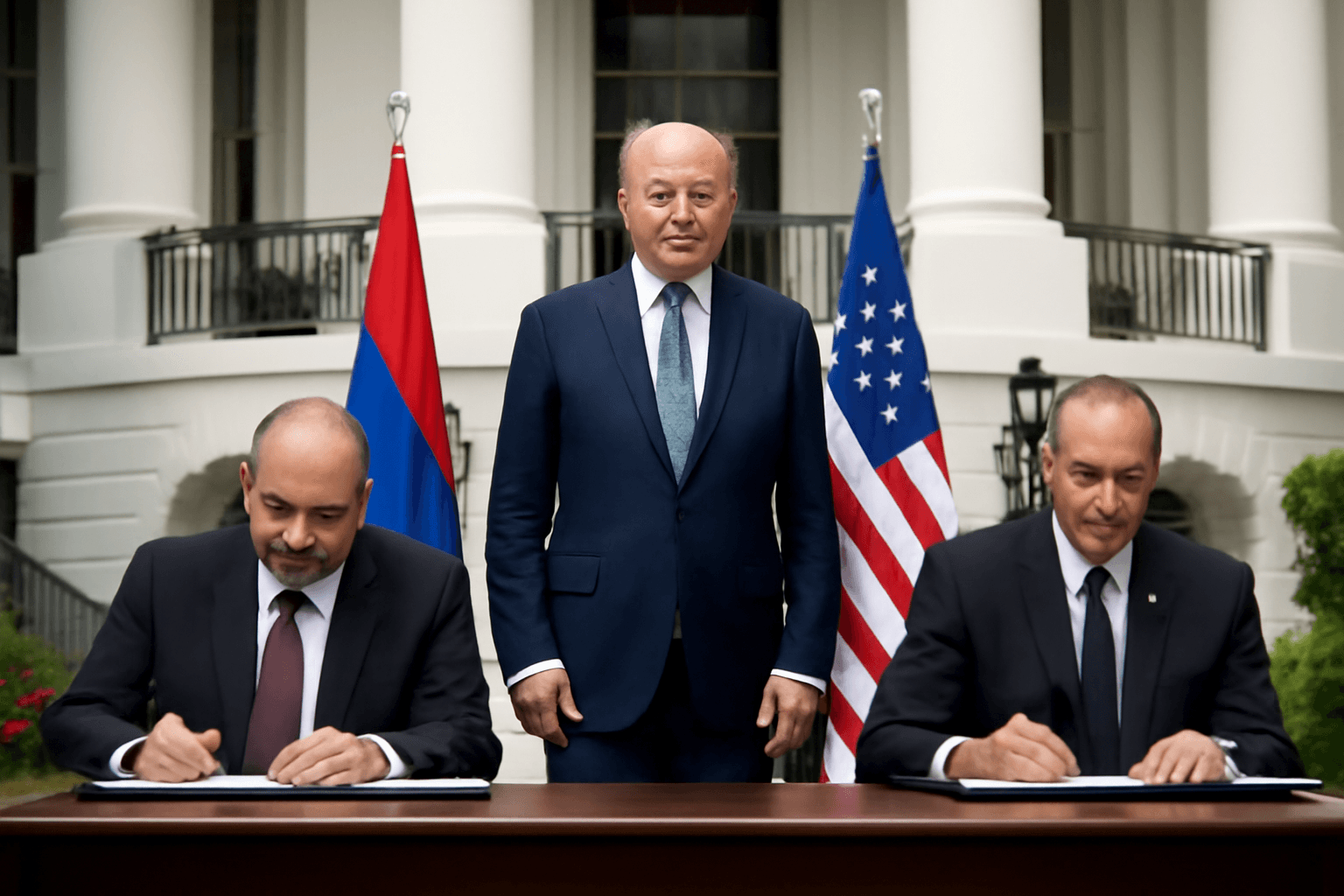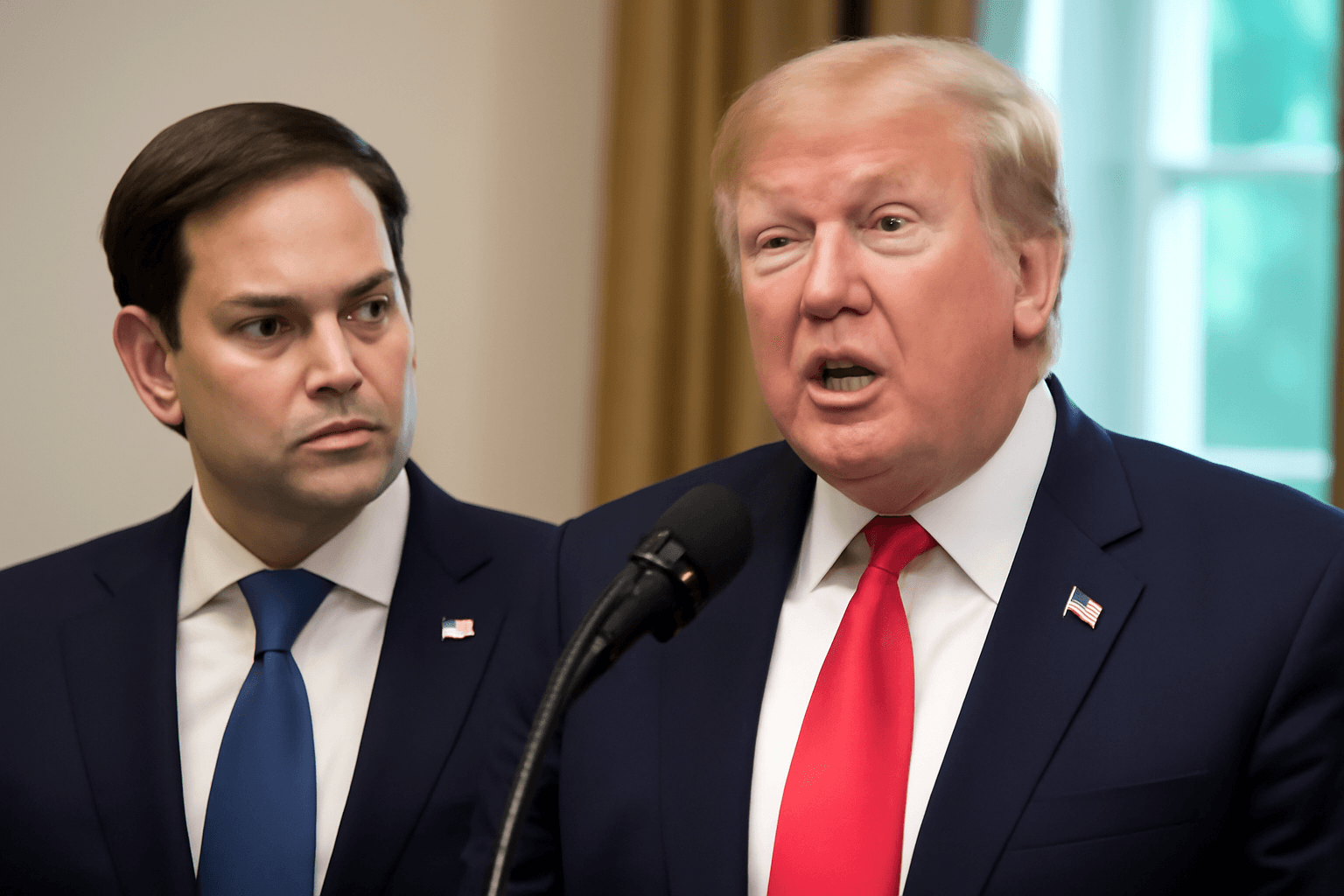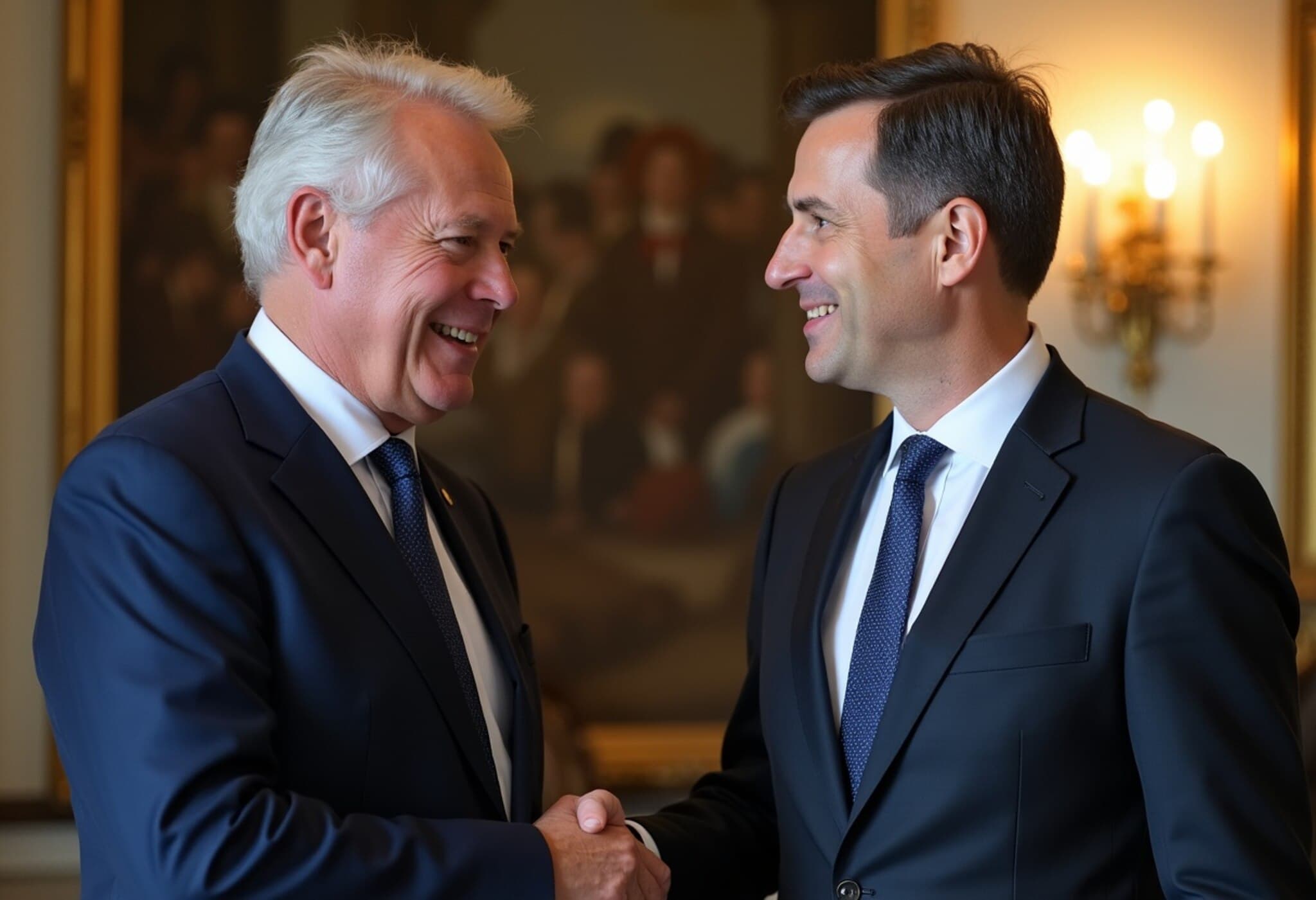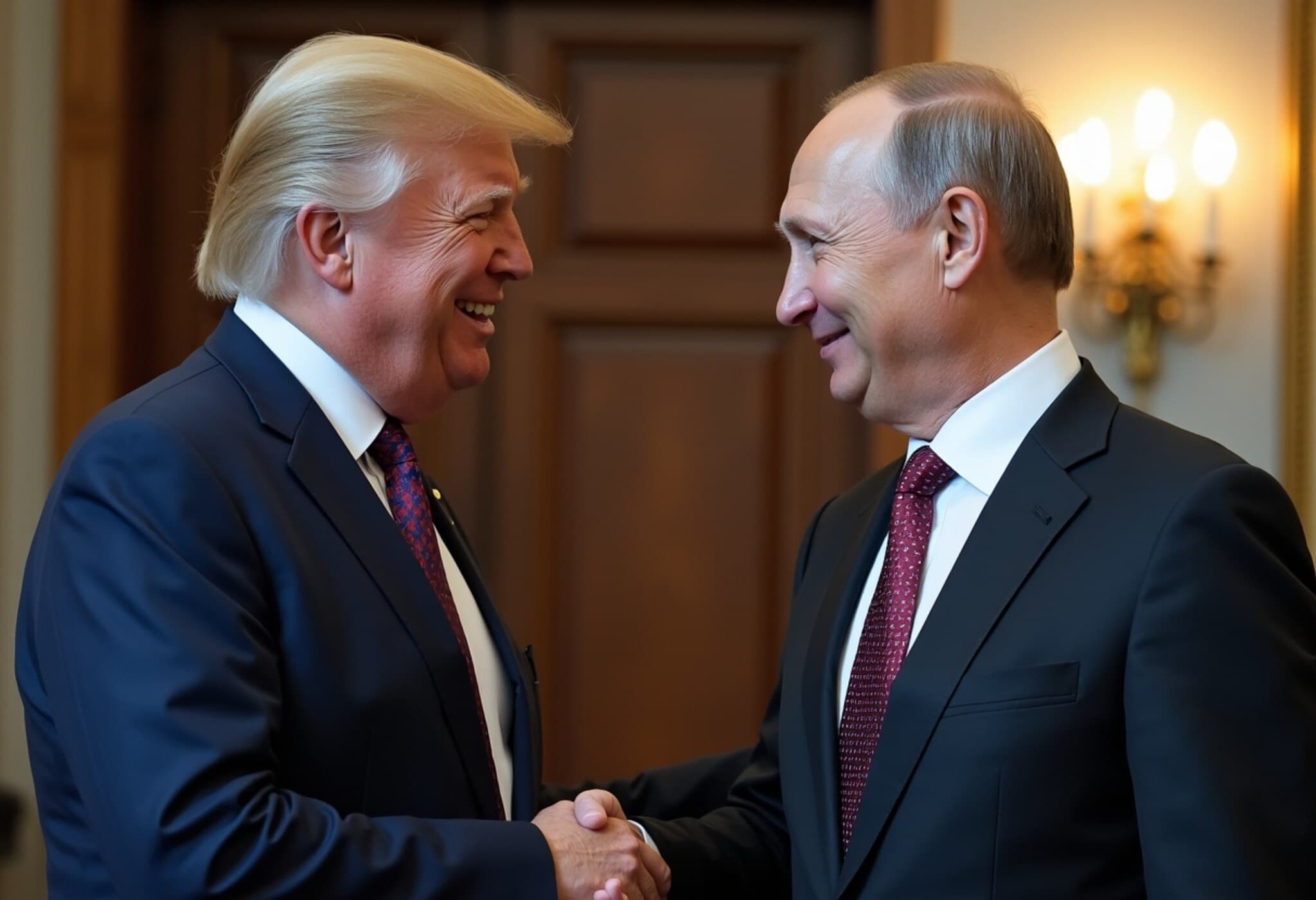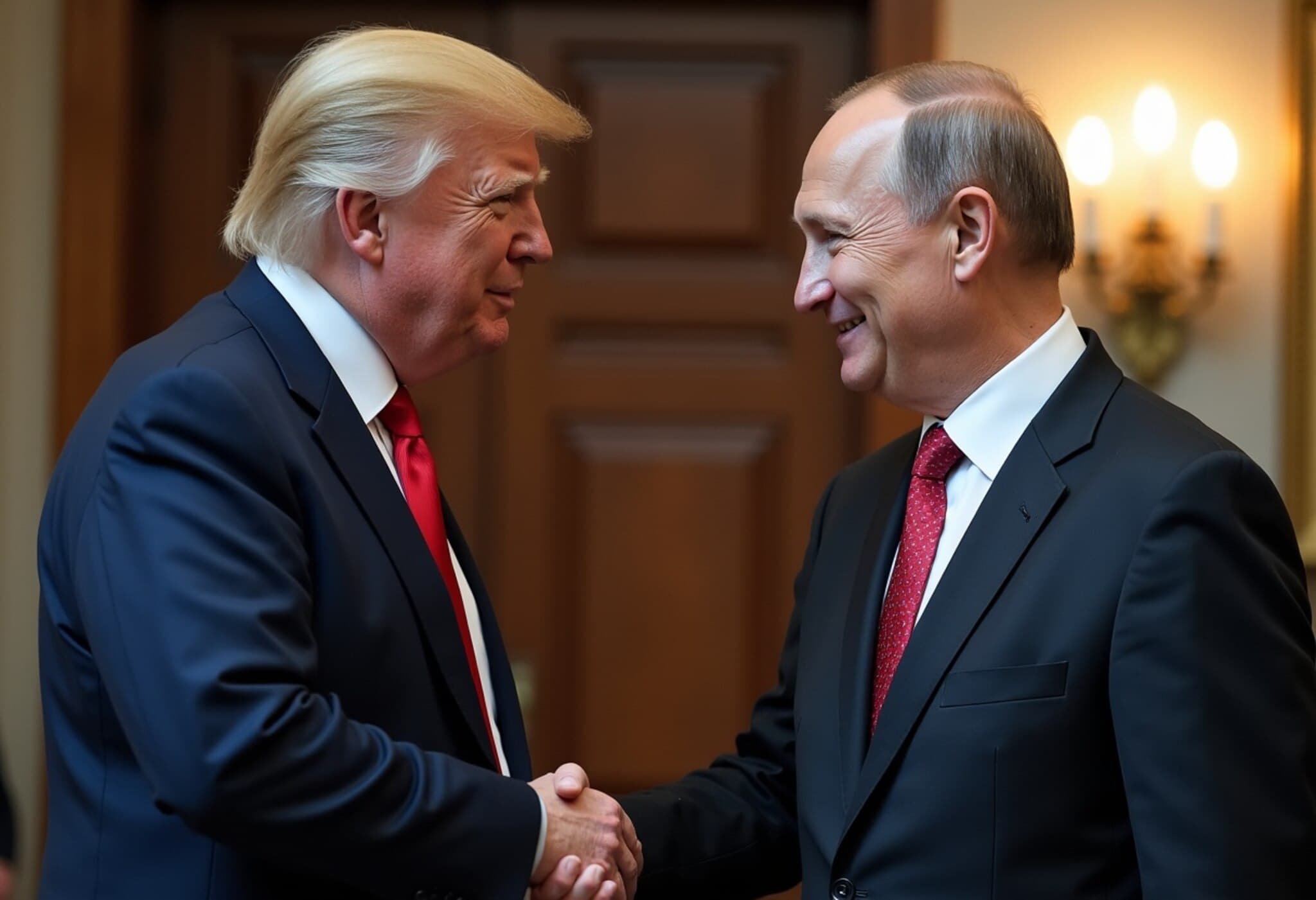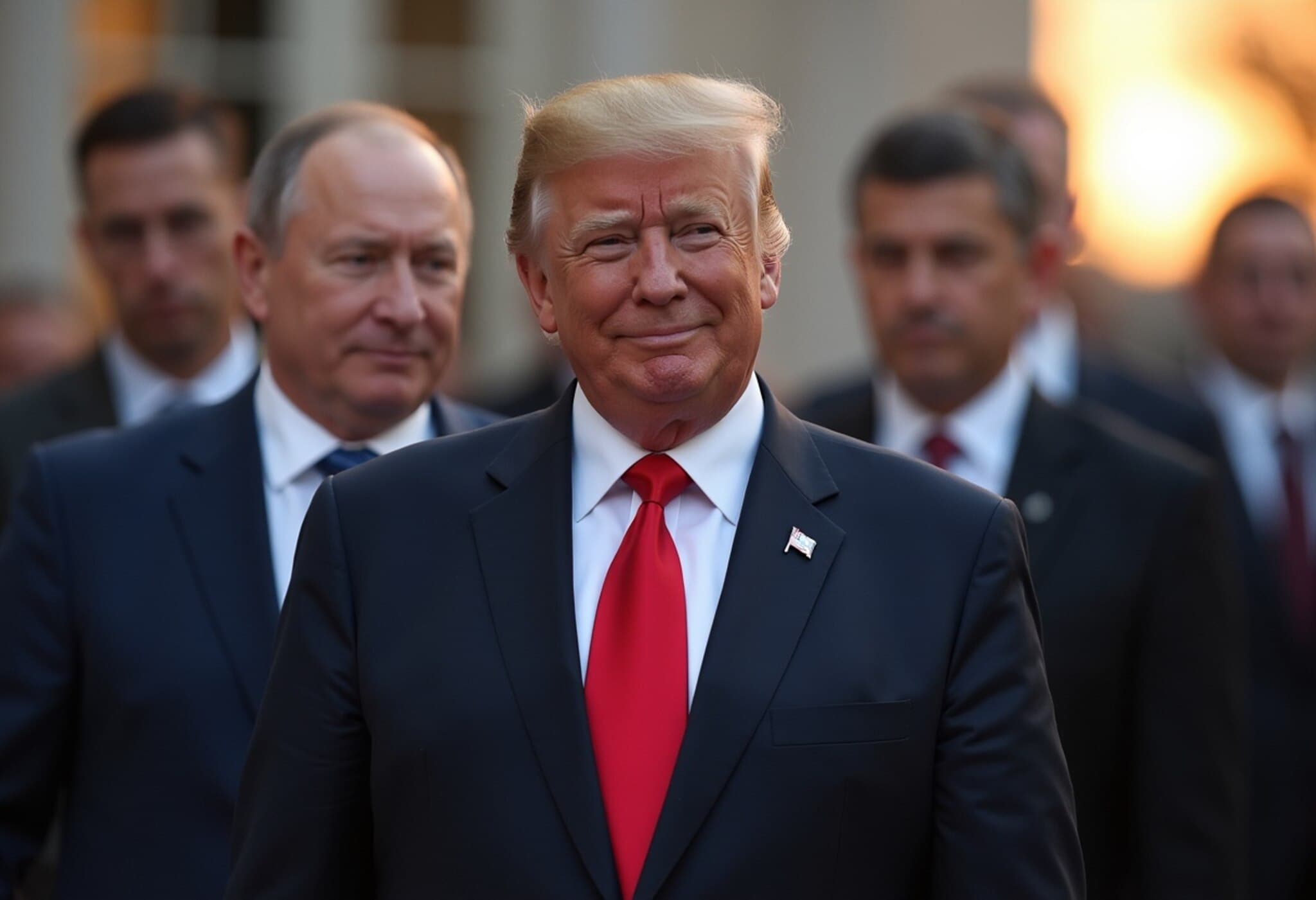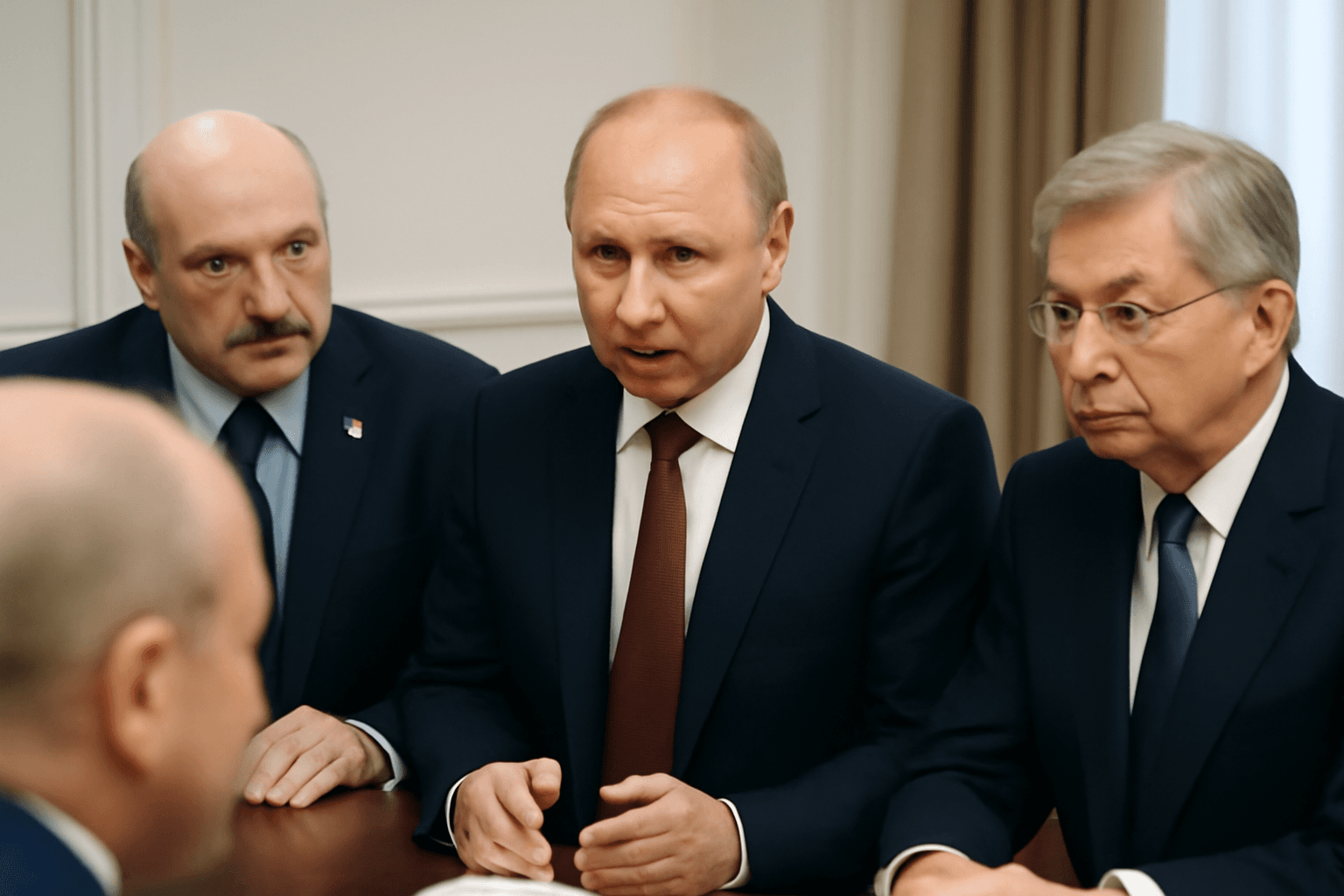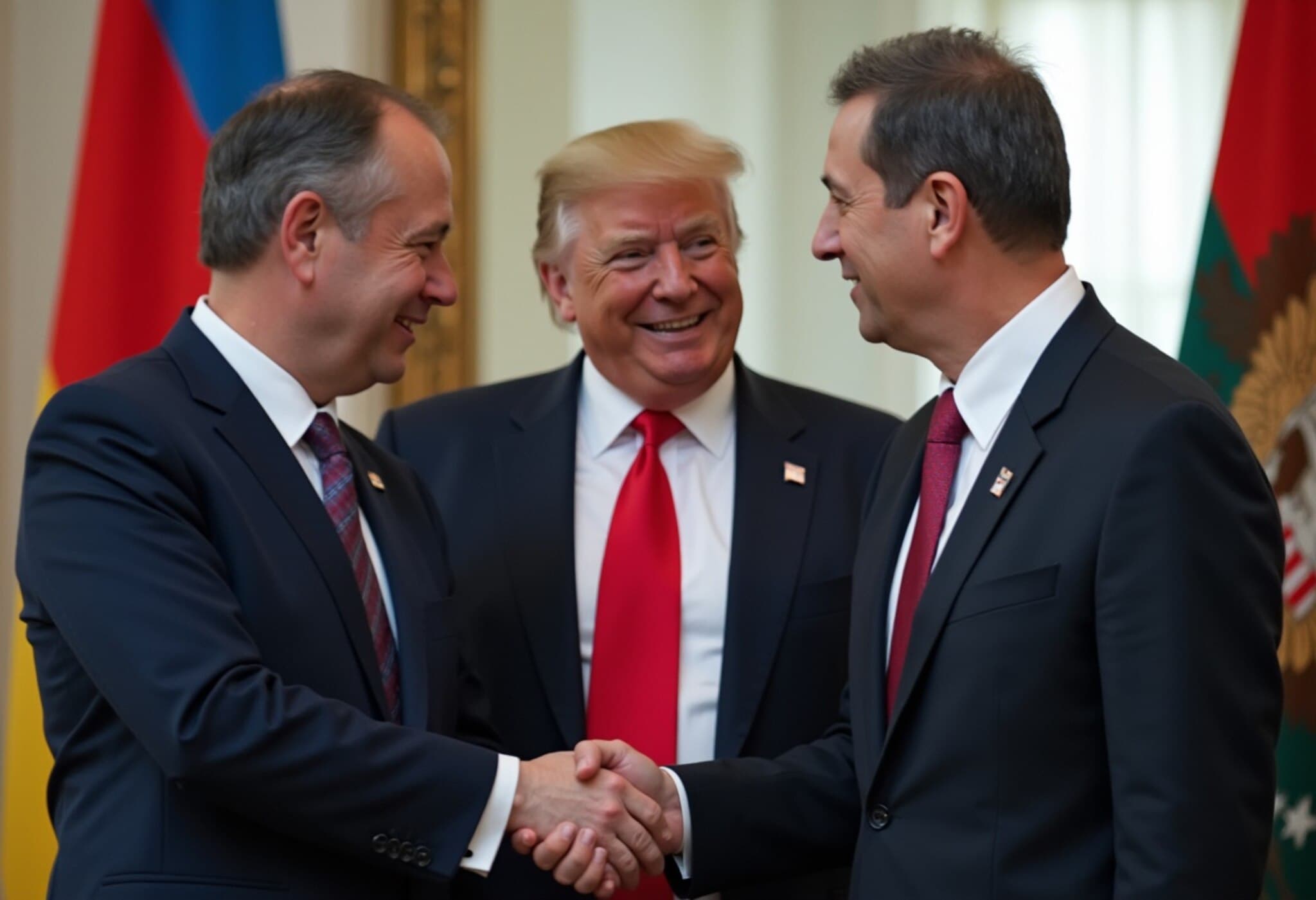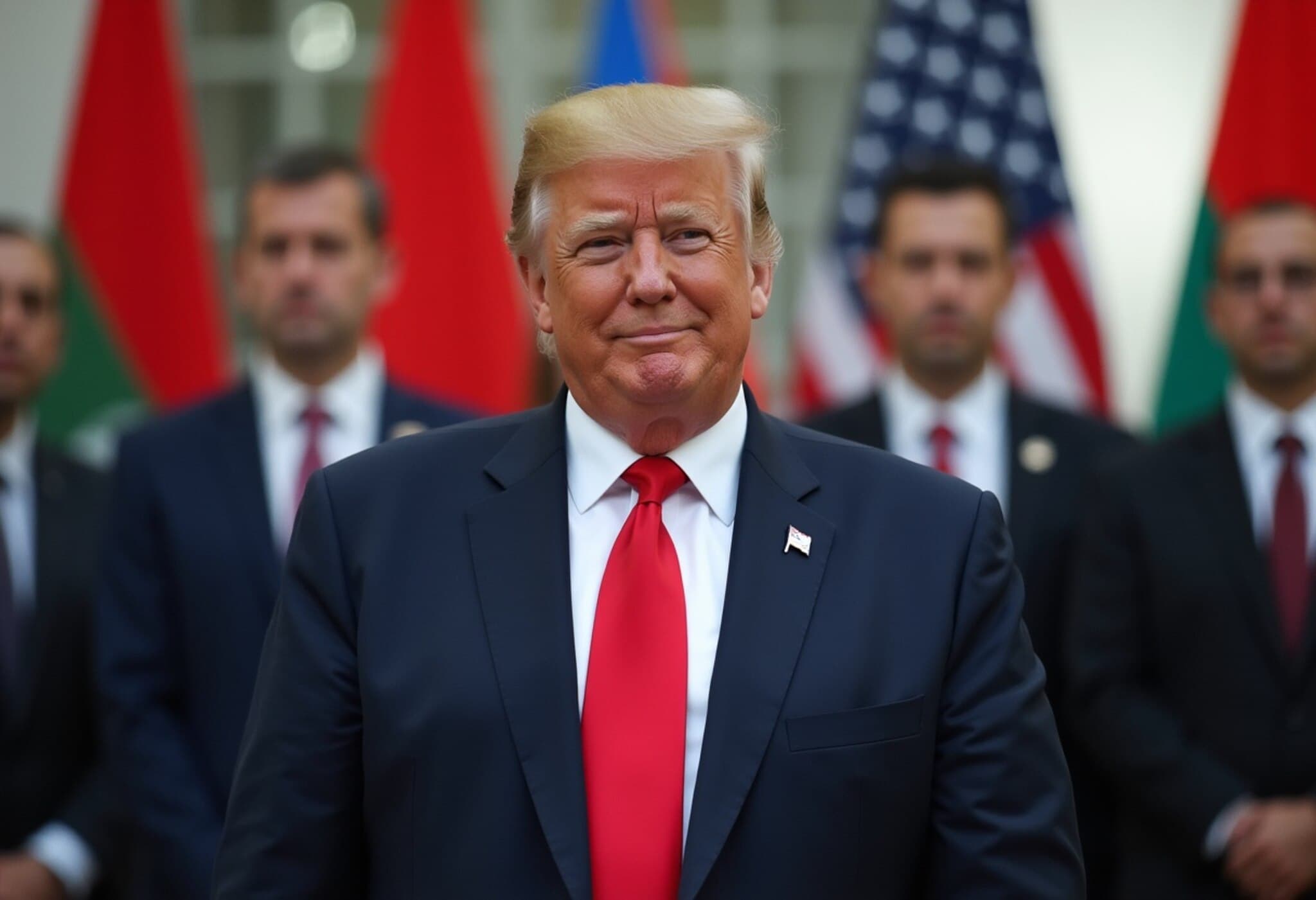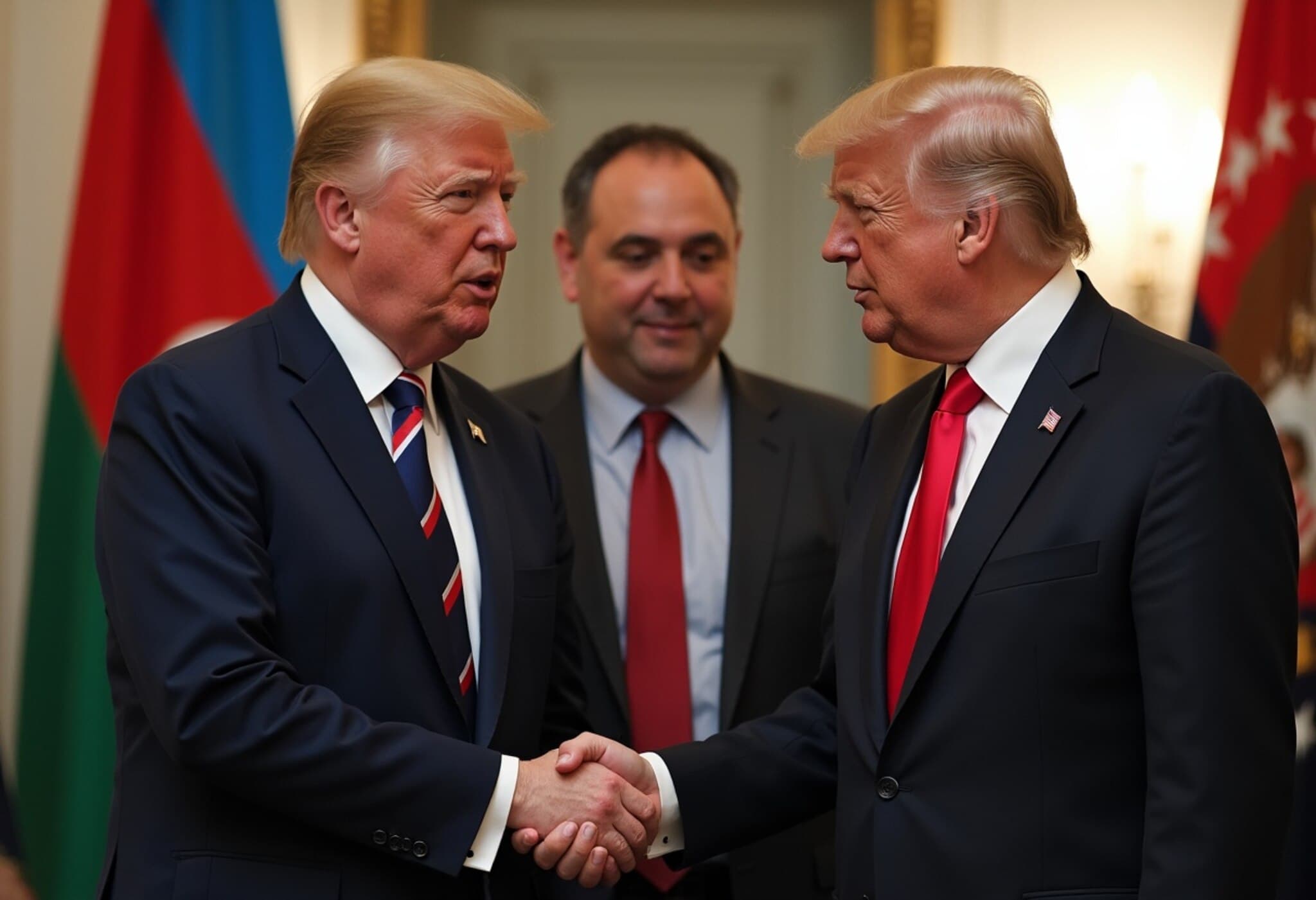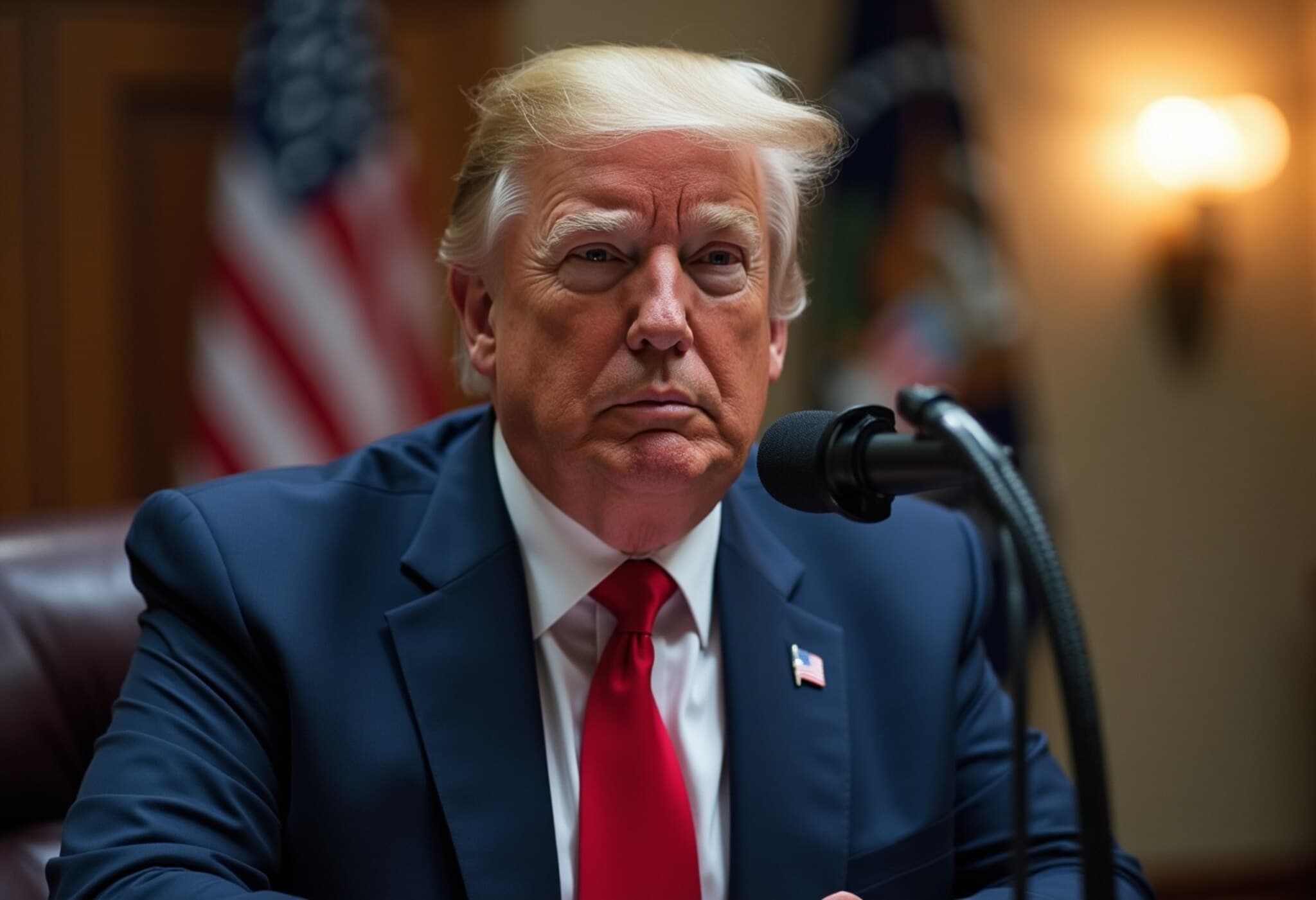Historic US-Brokered Peace Deal Signed Between Armenia and Azerbaijan
In a landmark diplomatic move, Armenia and Azerbaijan agreed to a US-facilitated peace deal aimed at healing decades-old wounds. The announcement came from the White House on August 8, 2025, setting the stage for enhanced economic cooperation and stability in the volatile South Caucasus region.
Details of the Agreement and the 'Trump Route'
According to White House spokeswoman Anna Kelly, President Donald Trump personally signed separate bilateral agreements with Azerbaijani President Ilham Aliyev and Armenian Prime Minister Nikol Pashinyan. These deals cover critical sectors including energy, technology, infrastructure, border security, and trade relations.
A centerpiece of the settlement is the establishment of a strategic transit corridor through the South Caucasus, officially designated the "Trump Route for International Peace and Prosperity" (TRIPP). This corridor grants exclusive US development rights, reflecting a bold economic and geopolitical gambit to revitalize trade and connectivity in a region historically fractured by conflict.
Background: The Nagorno-Karabakh Conflict and Regional Implications
The Armenia-Azerbaijan conflict traces back to the late 1980s over Nagorno-Karabakh, a predominantly ethnic Armenian enclave within Azerbaijan. After fierce warfare and shifting territorial control, notably Azerbaijan's military advance in 2023 that reclaimed Nagorno-Karabakh, nearly all Armenian residents fled the area. This deal marks the first formal bilateral peace declaration between the two nations since the dissolution of the Soviet Union.
Political and Human Rights Dimensions
Despite public optimism, some contentious issues, such as border demarcation and Azerbaijan’s call for constitutional revisions in Armenia, remain underexplored in official disclosures. Observers point to the unaddressed fate of about 375 political prisoners in Azerbaijan and ongoing concerns about systemic human rights abuses highlighted by advocacy groups like Freedom Now.
While Azerbaijan vehemently denies Western human rights criticisms, this peace agreement presents an opportunity for Washington to leverage diplomatic ties to press for reforms and further stabilize the region.
Economic Prospects and Strategic Outlook
US officials underline that the Trump Route corridor is not a charity but an investment-ready initiative. Interest from at least nine companies, including three American firms, signals promising commercial potential. By facilitating exports of energy and other resources, the corridor aims to make the South Caucasus a vibrant hub connecting Europe, Russia, Turkey, and the Middle East.
One senior administration official remarked, "The losers here are China, Russia, and Iran. The winners are the West." This underscores the geopolitical recalibration the US seeks to cultivate through economic integration rather than military interventions.
Expert Commentary and Geopolitical Significance
From an American policy perspective, this move fits within a broader ambition by the Trump administration to emerge as a global peace broker. Previous successes include peace initiatives in Southeast Asia and Africa, positioning the US as an arbiter in long-standing conflicts.
Strategically, the deal could transform the South Caucasus—a crossroads of oil and gas pipelines—into a stable and prosperous region with open borders, promoting energy security for Europe and reducing Russian influence.
Congressional and Civil Society Reactions
- Lawmakers: Congressional Azerbaijan Caucus co-chairs Steve Cohen (D-TN) and Robert Aderholt (R-AL) hailed the deal as a demonstration of effective American diplomacy fostering hope and lasting peace.
- Human Rights Groups: Urged the administration to prioritize human rights concerns, including political prisoner releases, cautioning against overlooking these critical issues amid diplomatic progress.
Looking Ahead: Challenges and Opportunities
While the signing of the peace deal and TRIPP corridor represents a remarkable breakthrough, challenges linger:
- Resolving thorny issues such as border delineation and constitutional reforms.
- Ensuring inclusive benefits that resonate at grassroots levels.
- Mitigating risks of renewed tensions, especially in Nagorno-Karabakh.
If successful, the corridor could become a flagship model for peaceful economic collaboration in post-conflict zones worldwide, setting a precedent for US engagement strategies.
Editor’s Note
The Armenia-Azerbaijan peace deal brokered by the US ushers in a new era for a region long entrenched in conflict. While the Trump Route corridor promises economic revival and geopolitical realignment, the devil remains in the details—particularly regarding human rights and political reconciliation. Observers will watch closely whether commercial partnerships can truly heal historic wounds or merely paper over them. This development challenges policymakers to balance strategic interests with ethical imperatives, offering a compelling case study in modern diplomacy.

